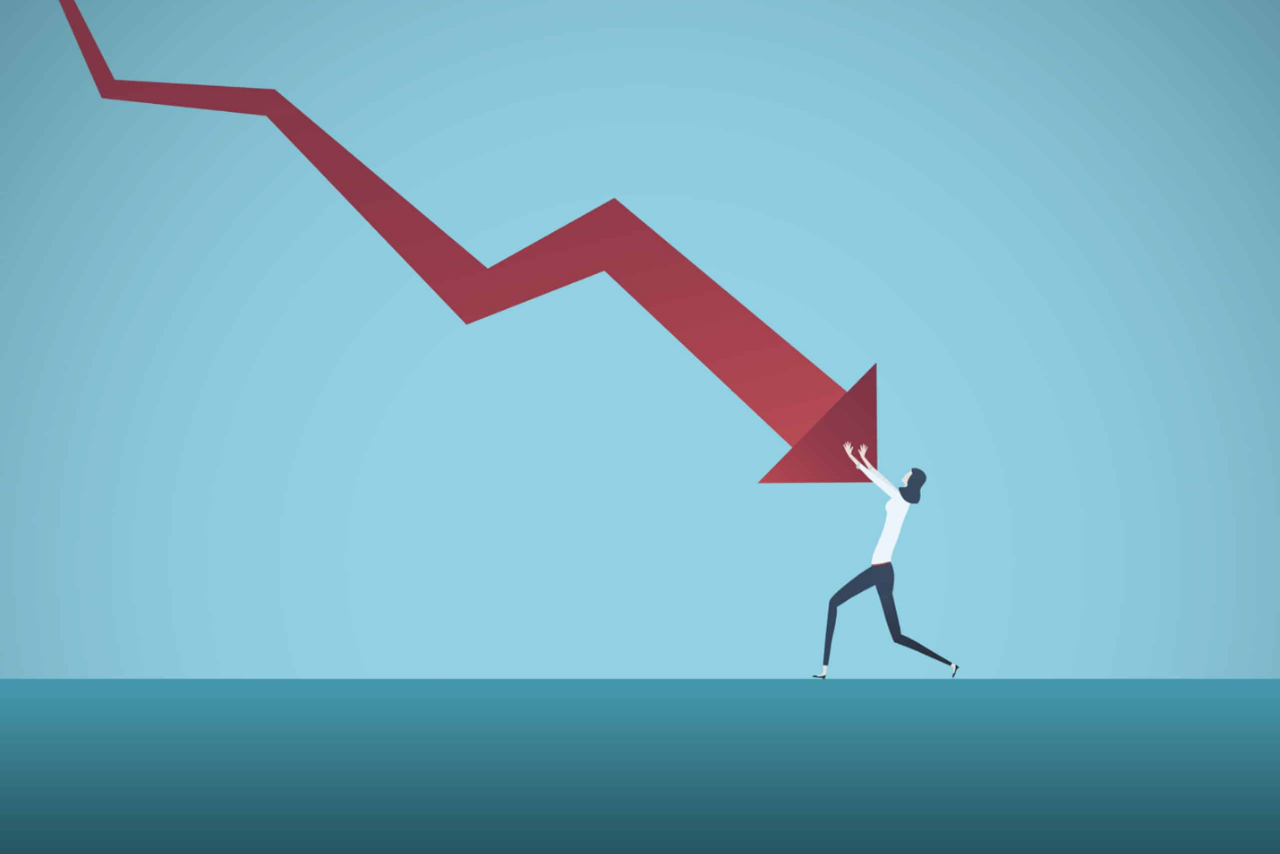In today’s challenging economic environment, many businesses are struggling, and they may be seeking areas and ways to cut overheads and costs. Reducing their marketing costs is often one of them.
However, on the contrary, increasing your marketing budget and activities may just be the catalyst for creating the competitive edge you need.
Here are a few reasons why:
-
Increased Value Perception:
- Resilience: Communicating consistently during tough times reinforces your brand's resilience and stability in the eyes of consumers and stakeholders.
- Trust: Continued marketing efforts demonstrate commitment to customers, fostering trust and loyalty that can endure beyond economic downturns.
- Brand: While your competitors may be cutting back, maintaining visibility can differentiate your brand as one that remains steadfast and supportive, ensuring sustained customer recognition and preference as the economy improves.
-
Competitive Edge:
- Market Share: Reduced marketing by competitors creates an opportunity to increase your market share by capturing the attention of their neglected customer base.
- First-Mover Advantage: Initiating or sustaining marketing activities early in a recovery phase positions your brand ahead when consumer spending rebounds.
- Strategic Positioning: Being visible when others are quiet allows you to shape consumer perceptions and influence the market.
-
Cost Efficiency:
- Lower Advertising Costs: Ad space and media costs often decrease during recessionary periods due to reduced demand, allowing you to negotiate better rates or placements.
- ROI: With lower costs per impression or click, your marketing budget can achieve higher returns on investment, amplifying the impact of each dollar spent.
- Experimentation: Reduced financial risk allows for testing new marketing channels or innovative strategies that could return significant long-term benefits.
-
Customer Engagement:
- Relationships: Increased communication during tough times reinforces your connection with customers, making them more likely to remain loyal and advocate for your brand.
- Messaging: Addressing consumer concerns directly through empathetic messaging can build stronger emotional bonds and deepen customer trust.
- Feedback: Engaging customers more during recessionary periods can provide valuable insights into their changing needs and preferences, guiding future product or service enhancements.
-
Market Positioning:
- Adaptability: Marketing during a recession allows you to highlight how your products or services address new challenges or align with consumer priorities.
- Reputation: Proactively positioning your brand as responsive and adaptable during economic uncertainties can enhance its reputation for resilience and customer-centricity.
- Readiness: Anticipating post-recession market dynamics enables strategic adjustments that position your brand favourably against competitors who may struggle to adapt.
-
Long-Term Growth:
- Market Share: Gaining market share during a recession positions your brand for accelerated growth in the recovery phase, leveraging the momentum built during challenging times.
- Cyclical Opportunities: Economic cycles offer unique opportunities for brands that invest wisely, positioning themselves as industry leaders or disruptors when conditions improve.
-
Innovation Promotion:
- Consumer Relevance: Showcasing innovative products or services that address current market needs demonstrates your brand's agility and commitment to meeting consumer demands.
- Market Differentiation: Introducing innovative solutions during a recession can create a distinct competitive advantage, setting your brand apart in a crowded marketplace.
- Early Adopter Advantage: Innovating during downturns positions your brand as an early adopter of trends or technologies that could become mainstream as economic conditions improve.
-
Data-Driven Insights:
- Consumer Behaviour: Auditing and assessing consumer data during a recession provides deeper insights into shifting preferences, allowing for more targeted and effective marketing strategies.
- Strategic Decisions: Data-driven insights enable more informed decision-making across marketing channels and resources and fine-tuning to enhance the ROI.
- Agility and Adaptation: Real-time data analysis supports agile marketing strategies that can quickly respond to changing market conditions or consumer behaviours, maximising competitive advantage.
-
Reputation Management:
- Crisis Mitigation: Proactive marketing during a recession can mitigate potential negative impacts on your brand's reputation by maintaining open communication and addressing consumer concerns.
- Brand Perception: Managing perceptions through consistent messaging and transparent communication reinforces your brand's integrity and trustworthiness during uncertain times.
- Stakeholder Confidence: Demonstrating resilience and proactive management during economic challenges instils confidence in investors, employees, and partners, safeguarding long-term relationships and support.
By strategically investing in marketing assessment and strategy during a recessionary period, businesses can not only navigate current challenges more effectively but also position themselves for sustained growth and competitive advantage in the future economic landscape.
Is it time for you to look at your current marketing activities?
Book a digital marketing audit with us now to assess your current strengths and weaknesses and formulate a roadmap of improvement recommendations.

